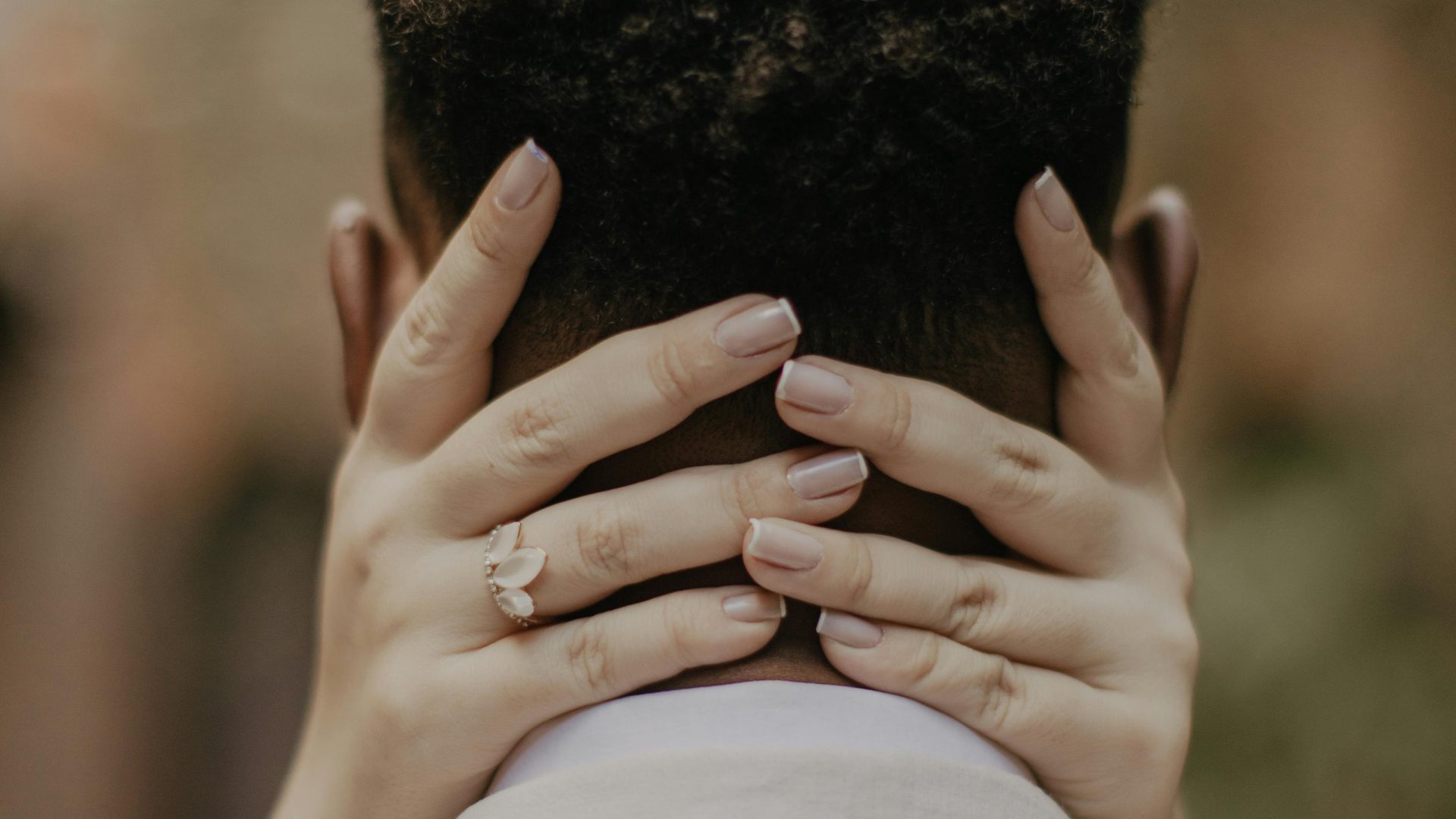Increasingly skeptical: I now find that physical and/or firsthand evidence is essential…
I’ve reached a point where I no longer trust that these “whistleblowers” will significantly advance disclosure efforts. Much of the testimony is, at best, secondhand.
Project Blue Beam has cast doubt on what pilots believed they witnessed near the Nimitz. I used to have the most faith in Fravor’s account, but now he’s no longer a part of the equation. I’m not suggesting he had any intention to deceive; it seems he was unable to clearly identify what he observed and likely wasn’t aware of any military technology that could have been involved.
It could be that the government aims to cloud the truth by discrediting “whistleblowers,” or perhaps they’re strategically bringing people like Lue and Grusch forward to share fragmented truths or carefully constructed misdirections.
Videos and photos can be easily manipulated by amateurs. People fabricate stories for attention, the thrill of deception, their careers, or for financial gain.
I still believe there’s more to some of these events and reports (and far less to others), but now, concrete, irrefutable firsthand proof is crucial for any genuine progress.
It feels like with every new dubious video or discrediting of “experts” and “whistleblowers,” the skepticism is only deepening. I wouldn’t be surprised if this too is by design…

Your skepticism is completely understandable, especially given the complexity and layers of misinformation surrounding the topic. The demand for firsthand, concrete evidence is a reasonable stance to take when considering extraordinary claims. After all, in an age of digital manipulation, visuals and testimonies can be misleading or misinterpreted.
The uncertainty surrounding accounts from credible witnesses like Fravor adds to the frustration. It’s a shame that the very individuals we often trust to share their experiences might have their credibility undermined, whether intentionally or by circumstance. The possibility that some whistleblowers could be part of a larger narrative—a sort of controlled disclosure—only adds to the concern about the information we receive.
That said, while skepticism can safeguard against deception, it’s also crucial not to dismiss all accounts outright. Some incidents may have genuine merit even amid the noise. The challenge lies in discerning which narratives deserve further investigation. Ultimately, fostering an environment where legitimate evidence can be scrutinized without rushing to judgment or labeling all reports as fabrications could help us gradually sift through the confusion.
It’s a tricky balance to strike, but fostering open dialogue about these experiences, paired with a rigorous demand for evidence, might be the best path forward.